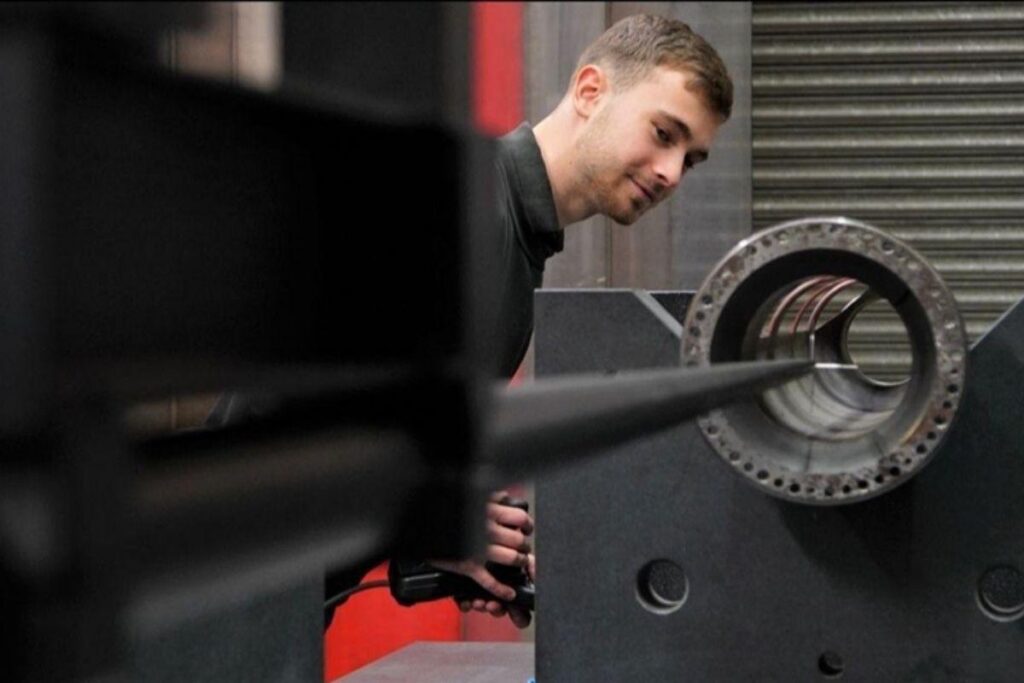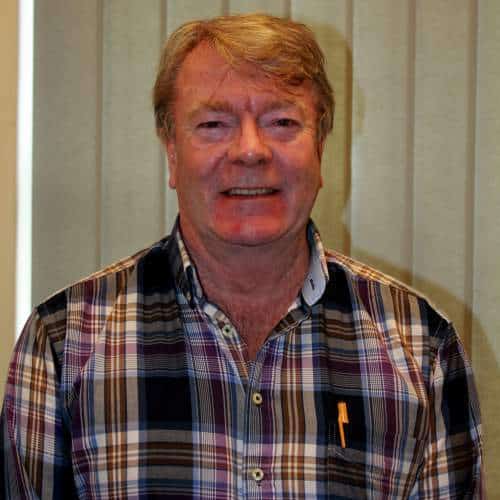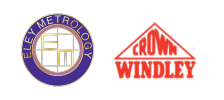CMM calibration forms an essential link in the chain of production, and it’s done so for half a century. Firms prioritising quality, efficiency, and accuracy deploy CMM calibration to keep their products reliable and their production lines effective. Learning more about CMM calibration and the reasons behind its rise to prominence gives businesses a vital edge in their industries.

Understanding CMM Calibration
As we know, CMMs, or Coordinate Measuring Machines, use the science of metrology to measure properties in given workplaces. They only use a few moving parts, such as the probe, servo, and joystick, to accomplish versatile, practical applications in measurement. While they’re fairly robust machines, the versatility of their applications means that there are multiple planes for errors to occur.
In fact, CMMs typically feature 21 separate planes, each with a possible source of error. These sources of error increase on frequently used planes, and calibration errors grow naturally over time. CMM calibration and maintenance, then forms a core component of reliable production. CMMs offer a vital line of defence in quality control, and reinforcing this line becomes extremely important for high-quality businesses.
The Importance of CMM Calibration
Whether you’re sourcing your calibration services from your machine provider, or third-party experts, CMM calibration proves fundamental for many reasons. Between accuracy and validity concerns, industry accreditation, efficiency, and responsibilities to suppliers and customers alike, a strong calibration process delivers savings and gains well worth exploring.
Maintaining Efficiency in Your Equipment
Calibrating your CMM system validates your measurement and your efficiency. Correct measurements mean that you’re using the right amounts of materials, and aren’t using excessive amounts or wasting your product. An uncalibrated CMM might even incorrectly find a perfect workpiece to be flawed, leading to even more waste and production delays. Ultimately, calibration serves a preventative role, improving your efficiency by nipping inefficient trends in the bud.
Saving The Costs of Breakdowns and Recalls
Breakdowns and recalls wreak havoc on productivity, and calibration helps mitigate both of these issues. Wear and tear increases over time, meaning that the tiniest deficiencies in your CMM could result in a breakdown that halts production for hours or days. Similarly, when you discover measurement errors late, you might have to recall whole batches of products that threaten your client relationships and your bottom line. Product recalls damage your brand, undermine customer trust, and even risk customer health and accompanying lawsuits. Robust calibration strategies turn quality from a worry to a strength, opening new avenues in brand value.
Ensuring High-Quality Produce
Quality’s a top priority for successful businesses in every industry. High-quality products create happy customers, building trust and promoting revenue opportunities that recur year on year. When your product maintains high standards of quality, you can justify your prices and go home at night safe in the knowledge that you’ve delivered a reliable, effective offering. Ensuring high quality through strategies like regular CMM calibration allows you to strengthen your company’s core principles, and these principles deliver an important talking point for suppliers, customers, staff, and investors.
Gaining and Maintaining Industry Accreditation
It’s all well and good telling people that your company maintains high standards of quality, but third-party industry accreditation does the same job in a more compelling way. Accreditation from the ISO (International Standards Organisation) ensures that your high standards stay recognisable, verifiable, and comparable to your peers.
Accreditations like ISO 9001 require manufacturers and service providers to implement calibration management. Just as you’d look for ISO accreditation in your calibration experts themselves (typically ISO 10360), future customers might check your accreditation before they invest in your business.
When is CMM Calibration Most Important?
While it’s always important to maintain your CMM systems, specific stages in your production cycles call for urgent calibration.
After Any Upgrades to Your Hardware or Software
Workshops constantly evolve, and digitisation means they evolve even faster. Your CMMs may work differently even if they look the same after the latest operating system update. Upgraded hardware and software both require calibration, as they may change their dimensions of movement, and the installation itself may interrupt your previous calibration.
Following Crashes and Repairs
Technicians design CMM calibration to lower the risk of crashes and breakdowns, but they’re impossible to eliminate completely. Sometimes crashes occur because of faulty parts, or software glitches. Calibration resolves your interrupted production cycle, resetting your bearings and supporting a sustainable recovery.
After Any Movement, Inactivity, or Renovation
Many workplaces recently recovered from prolonged absences, and some seized on the opportunity for renovations and refurbishment. Inactivity causes machines to lose calibration, as rust, dust, and other build-ups interrupt standard procedures. Similarly, moving your hardware or renovating your workspace can impact your precision equipment. CMM calibration helps workshops get straight back into the swing of things.
On a Regular Basis
Setting up a regular CMM calibration schedule helps you rest assured that wear and tear won’t creep up on you. CMMs stay accurate, products stay reliable, and customers stay happy when you implement an effective calibration strategy.

Jeff Eley is the founder and managing director of Eley Metrology, a leading company in the precision measurement industry. With decades of experience in metrology, Jeff has established himself as a respected figure in the field. Under his leadership, Eley Metrology has become renowned for its expertise in coordinate measuring machines (CMMs), digital height gauges, and granite metrology products. Jeff’s vision has driven the company to develop innovative solutions, including custom-designed CMMs and the flagship long-bore measurement machine (LBM). His commitment to excellence and customer-centric approach has positioned Eley Metrology as a trusted provider of high-precision measurement tools and services for industries such as aerospace, automotive, and manufacturing.

